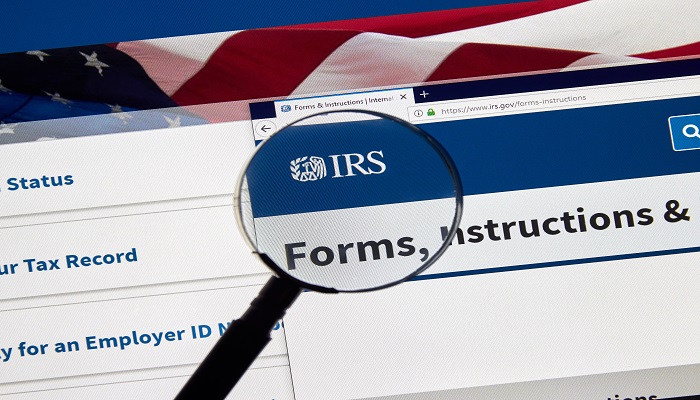
Unplanned expenses, financial crisis, medical emergency – there are many scenarios that could make it difficult for individuals to pay their taxes. The IRS presents avenues such as IRS installment plans to allow defaulters to pay tax over time and avoid garnishment, collection, and other actions. Monthly installment agreements give taxpayers more time to pay outstanding taxes without having to worry about legal implications. You can apply for an installment agreement by filling-out IRS Form 9465 and sending it through email to the IRS. Continuing on the topic, in this blog post, we present an overview of the types of IRS installment agreements or plans that could help individuals get a grip on their financial situation. Read on.
1. Individual Installment Agreement
The individual installment agreement is for taxpayers who owe $50,000 or less in interest, tax, and penalties. You can pay a certain amount every month through check, credit card, direct debit, payroll deduction, online payment agreement or electronic federal tax payment system. One thing you need to keep in mind is to make the monthly payments without fail or any delay.
Related Blog: Unfiled Tax Returns Refund and How to Get Yours
2. Small Business Installment Agreement
If your business owes a back tax debt of $25,000 or less, you may apply for an “In-Business Trust Fund Express” installment agreement. The business does not need to submit a financial statement, it should, however, have employees on the payroll. If approved, the business will get 24 months to pay the outstanding debt. It has to set up a Direct Debit installment agreement, in the event that the outstanding debt is more than $10,000.
3. Installment Agreement for Debts Over $50,000
If the combined debt (interest, tax, and penalty) is more than $50,000, you need to submit Form 9465 for installment agreement requests and Form 433-F to update current financial information including accounts and lines of credit, assets and real estate owned. The applicant also needs to provide employment information, monthly income, and living expenses.
Set-up Cost for Installment Agreement
The cost to set up an installment agreement or payroll deduction agreement is $120. If there is a need to set up a Direct Debit agreement, the applicant has to pay $52. For those with income below a certain level, the IRS charges $42 as the installment agreement fee. If a situation comes wherein the applicant has to reinstate or restructure the existing installment plan, the IRS will charge $50 to implement the change.
Related Blog: Why Hire a Professional to Help with IRS Tax Debt
Final Words
It is important to note that the IRS doesn’t waive any penalty or interest for late payment, even after the taxpayer requests for an IRS installment plan. When faced with tax problems and looking for IRS debt relief in Dallas or anywhere else, reach out to our team of experienced tax attorneys in Dallas/Fort Worth, Texas for quick problem resolution. We can help you with an IRS installment agreement to safeguard your assets. Contact the Law Offices of Nick Nemeth at (972) 426-2553 or fill out our contact form and we will take it from there.


